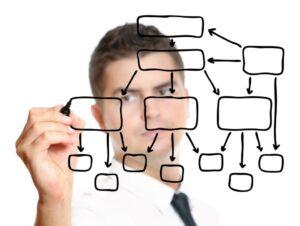Recall is the process of retrieving information from memory. It is the ability to remember things that you have learned or experienced in the past. Recall can be both voluntary and involuntary.
Voluntary recall is an intentional effort to retrieve information from memory. For example, try to remember a phone number or a password. There are several strategies you can use to improve your voluntary recall, such as repetition, association, and chunking. Repetition involves repeating information several times to remember it better. Association involves linking new information to information you already know. Chunking involves breaking down information into smaller, more manageable parts.
Involuntary recall, also known as spontaneous recall, happens without any conscious effort. For example, remembering a song that you haven't heard in a while or the smell of your childhood home Involuntary recall can be triggered by different cues, such as smells, sounds, or images.
Recall is an essential component of learning and memory. Good recall skills can help you retain information better, perform better on exams, and improve your overall cognitive abilities. Regular practise, using mnemonic techniques, and creating a conducive learning environment can help improve your recall abilities.
Recall
Related Semantic Entities for Recall



